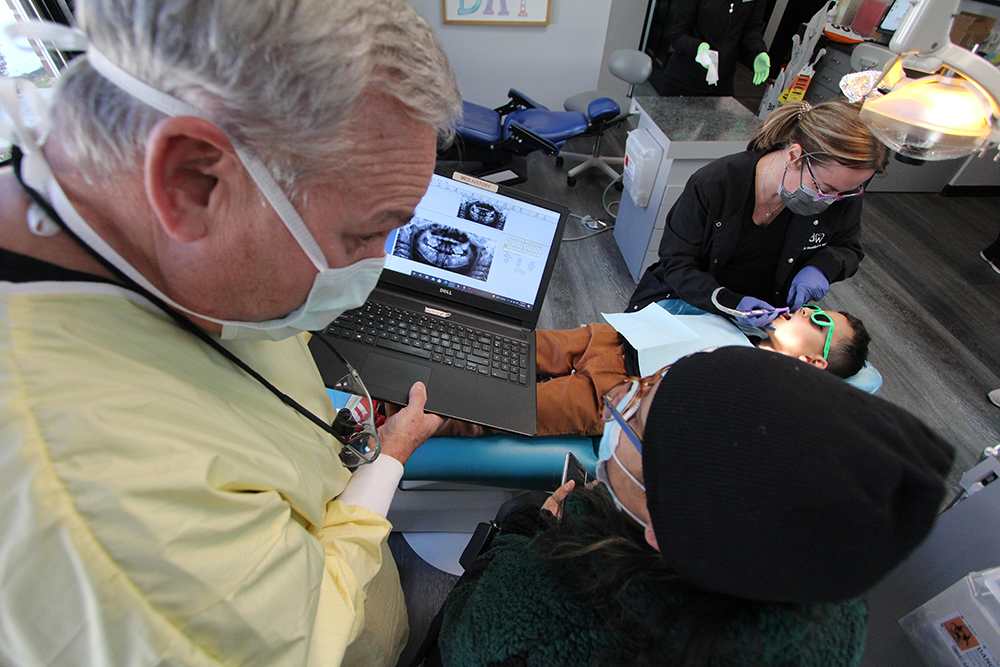As your child grows, they will begin to lose their baby teeth to their permanent teeth. At this stage, it is still very important to keep your teeth and gums clean so that they develop healthily. As a parent, it is normal to have questions about how you can continue to take care of your child’s teeth.
Why is brushing important for children 6 to 12 years old?
Your child needs to brush their teeth every day. Just like when he was younger, his teeth are prone to cavities. Although baby teeth will eventually fall out, you still need to take care of them. Cavities in baby teeth can be painful for your child and may require tooth extraction. This could cause his other teeth to move and reduce the space needed for his permanent teeth.
Tips for brushing your child’s teeth by Children’s Dentist Indianapolis IN
During the early stages of childhood, you will brush your child’s teeth more or less the same way you did when they were very young. However, between the ages of 6 and 12, there are many milestones to keep in mind.
6 to 8 years old
- You should continue to take responsibility for brushing your child’s teeth while not hesitating to let him try to improve his technique. But you must continue to brush yourself. As he turns 8, you can start letting him brush his teeth on his own while still monitoring him.
- Brushing should be the last thing you do before going to bed, recommended by specialists at Pediatric Dentistry Indianapolis IN and should be done on another occasion during the day as well.
- Brush your teeth for 2 minutes using a soft or medium bristled children’s toothbrush. You can also use an electric brush.
- After brushing, your child should spit out the toothpaste but not rinse their mouth with water. This keeps a layer of fluoride that strengthens the teeth.
9 to 12 years old
- Around the age of 9, your child may be allowed to brush their teeth on their own. Some monitoring will still be necessary. In most cases, children should be able to do this independently.
- After brushing, your child should spit out the toothpaste but not rinse their mouth with water. This helps maintain a fluoride concentration on the teeth suggested by Pediatric Dentist Indianapolis IN.
Tips to make brushing easier suggested by Indianapolis pediatric dentist
As children get older, you will likely get past the point where they are reluctant to cooperate in brushing their teeth. The goal now is to ensure constant and regular brushing, especially when your child begins to brush his teeth independently. If you are still having difficulty brushing her teeth, persevere and remind her that not brushing her teeth can be harmful to her overall health.
The best thing to do is have your child brush their teeth before bedtime and again during the day. You can also play an important role by exhibiting exemplary oral hygiene behavior. Showing her that brushing and flossing is part of your daily routine will help your child develop good oral health habits.
Just like when he was younger, remember that daily brushing doesn’t have to be perfect. If you notice that your child is neglecting basic oral hygiene principles, remind them of the importance of daily brushing and flossing for their health and well-being.
Children can be especially anxious about dental exams, even though they are reluctant to see the dentist. For your child to feel less anxious, seek out a dental practitioner who has experience working with children and prioritizes their comfort. We believe that child dental care can be best applied with the cooperation of parents at Pediatric Dentistry West – Children Dental Center Indianapolis IN. Most of the time, our pediatric dentists spend listening to your concerns and determining the best course of treatment for your child.



